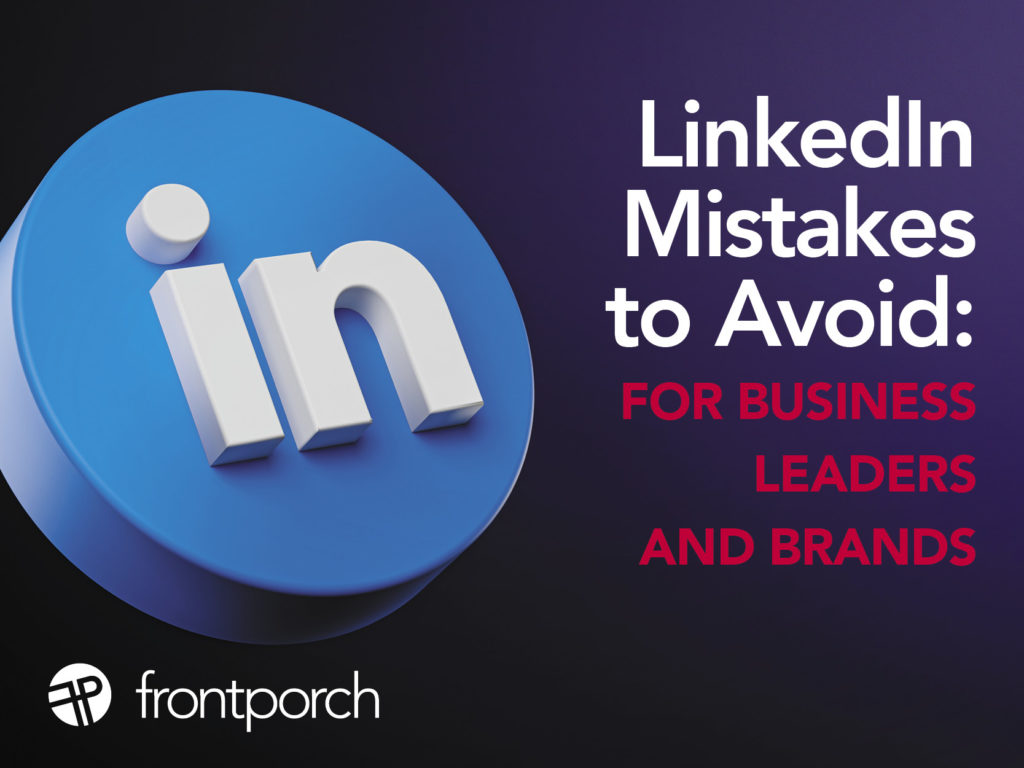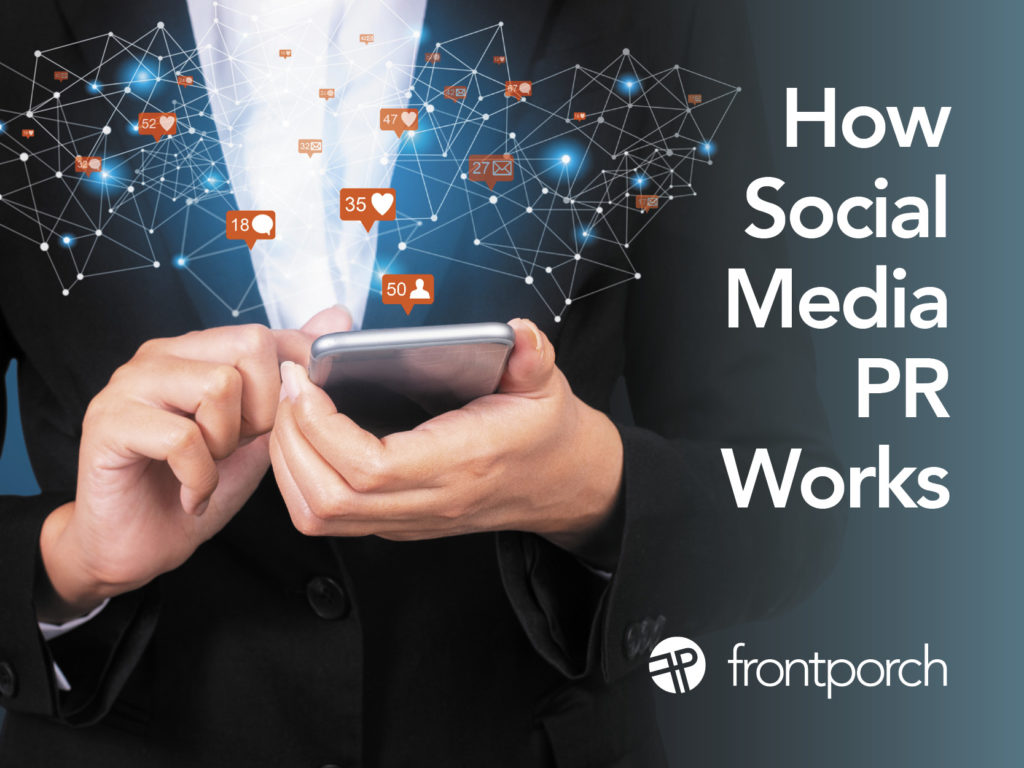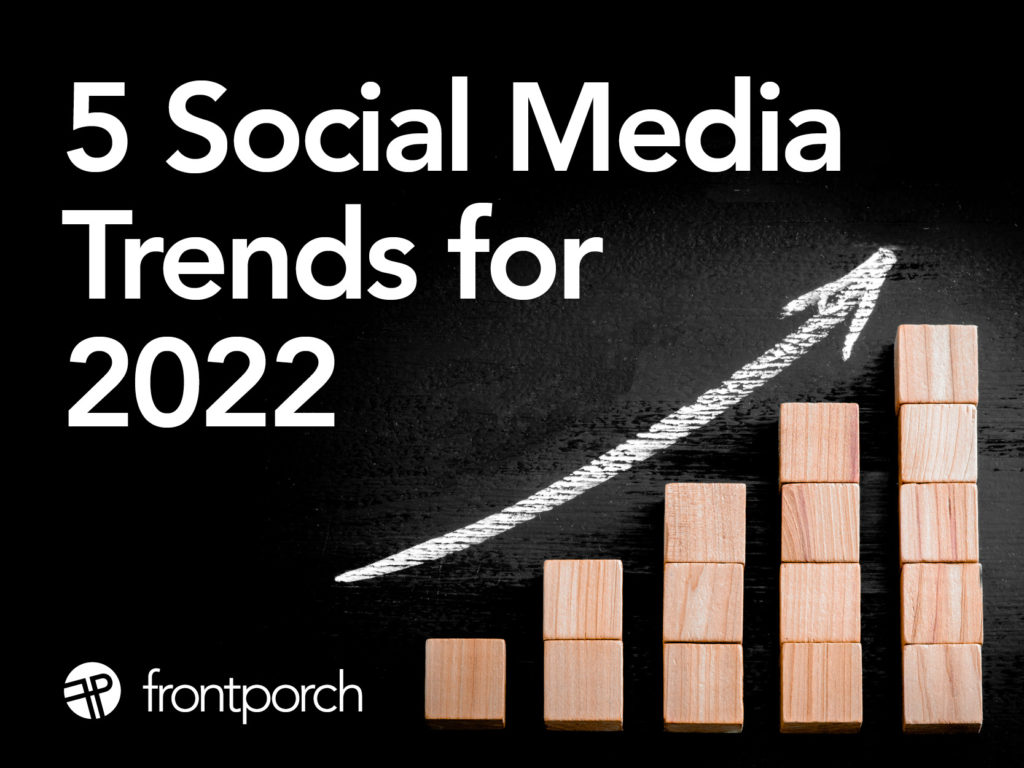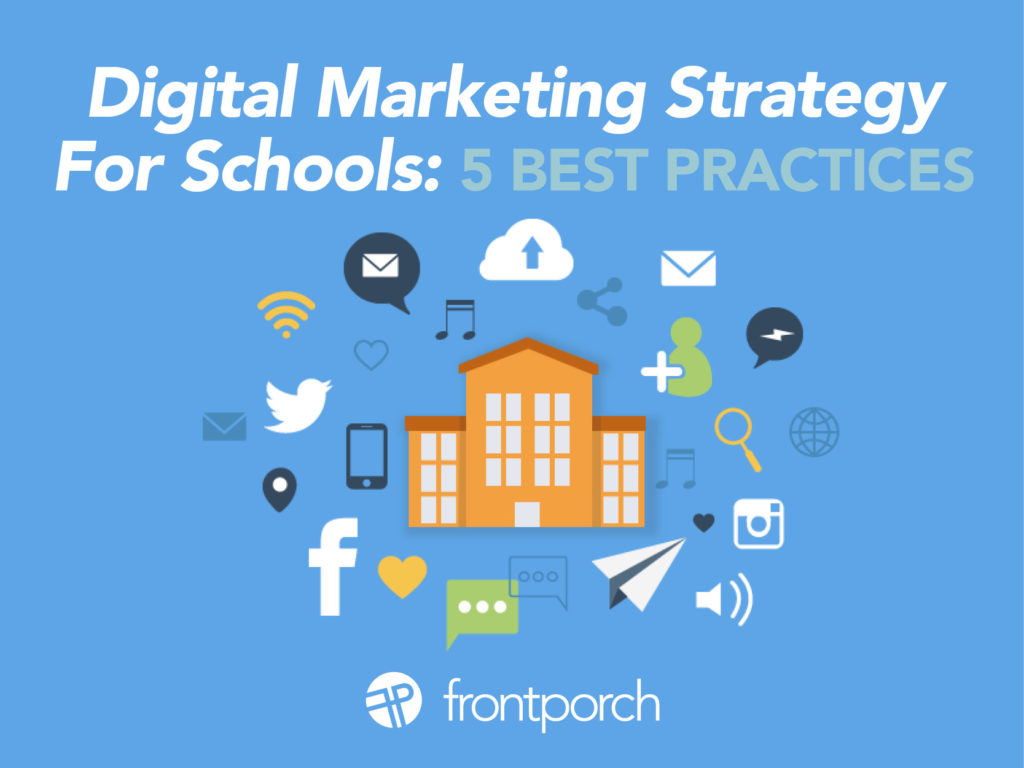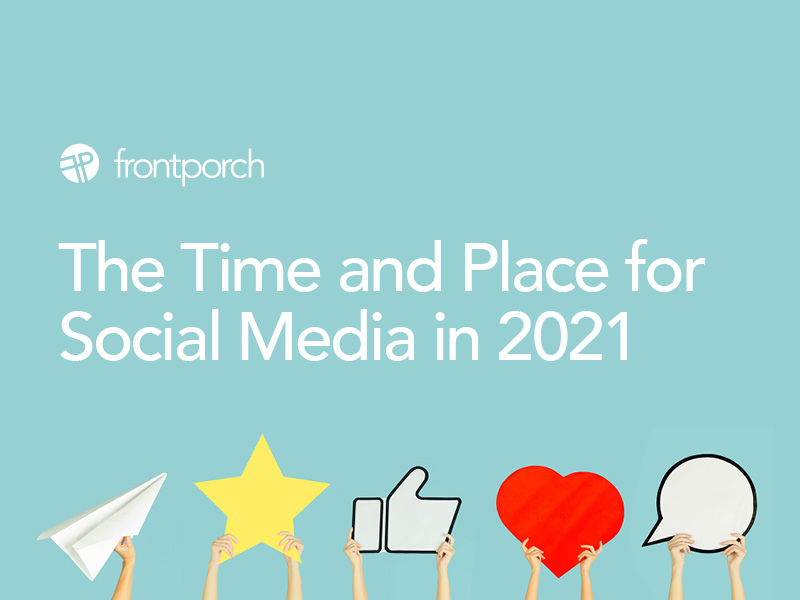
It’s officially November, so whether you’re ready or not, the holiday content season is here! Chances are you’re busy preparing for your Thanksgiving traditions. With not even a full month to get ready for Christmas after turkey day, undoubtedly Christmas planning is underway too! And let’s not forget about the increased pressures at work as you close out the year. Raise your hand if you’re stressed out just thinking about it.
While we may not be able to ease your personal holiday anxieties, we can help lessen the burden and set you up for success when it comes to generating last-minute holiday content ideas to engage your online audience and boost your brand. So, sit back, kick your feet up, grab your favorite holiday drink and relax while we share some ideas to ensure the holidays are successful for your business.
Holiday Content Ideas to Fill Your Calendar
No matter if you’re looking to promote a product or service, engage on a deeper level with your audience, or a combination of the two, you can incorporate these suggestions into any online strategy.
- Capture the Festive Spirit of the Season
From turkeys to snowmen, mums to poinsettias and the rustling of leaves to Christmas carolers, your supporting imagery should catch the sights and sounds of the approaching holiday.
- Food, Food and More Food
What holiday festivity have you attended that food isn’t at the center of the celebration. So, why not incorporate your team’s favorite recipes for the season. You can carry this type of holiday content from Thanksgiving into the New Year. From favorite Thanksgiving dishes to holiday cookie decorating, cocktails to ring in the new year and healthy options for January 1.
- Give Back and Spread Kindness
It can be easy to get wrapped up in the hustle and bustle of the holidays and forget that others may need a hand during this time. Organize a team volunteer outing, donate to a local toy drive or spread simple acts of kindness. Share what your team has done, provide additional ideas and encourage others to join along with you.
- Holiday Destressing
You may be feeling a little on edge from all the holiday activities. Not to mention the shorter days and cooler temps. Share how you unwind this time of year as a weekly holiday content tip.
- Personal Development
As the year comes to an end, we start to think about our resolutions or goals for the new year. Share personal or company intentions and tips on how you plan to reach your objectives.
Get Connected with Holiday Content
The holidays are all about creating meaningful interactions and these ideas will get you started on making those connections. We hope you put your own personal spin on a couple of our suggestions and then put them into action.

